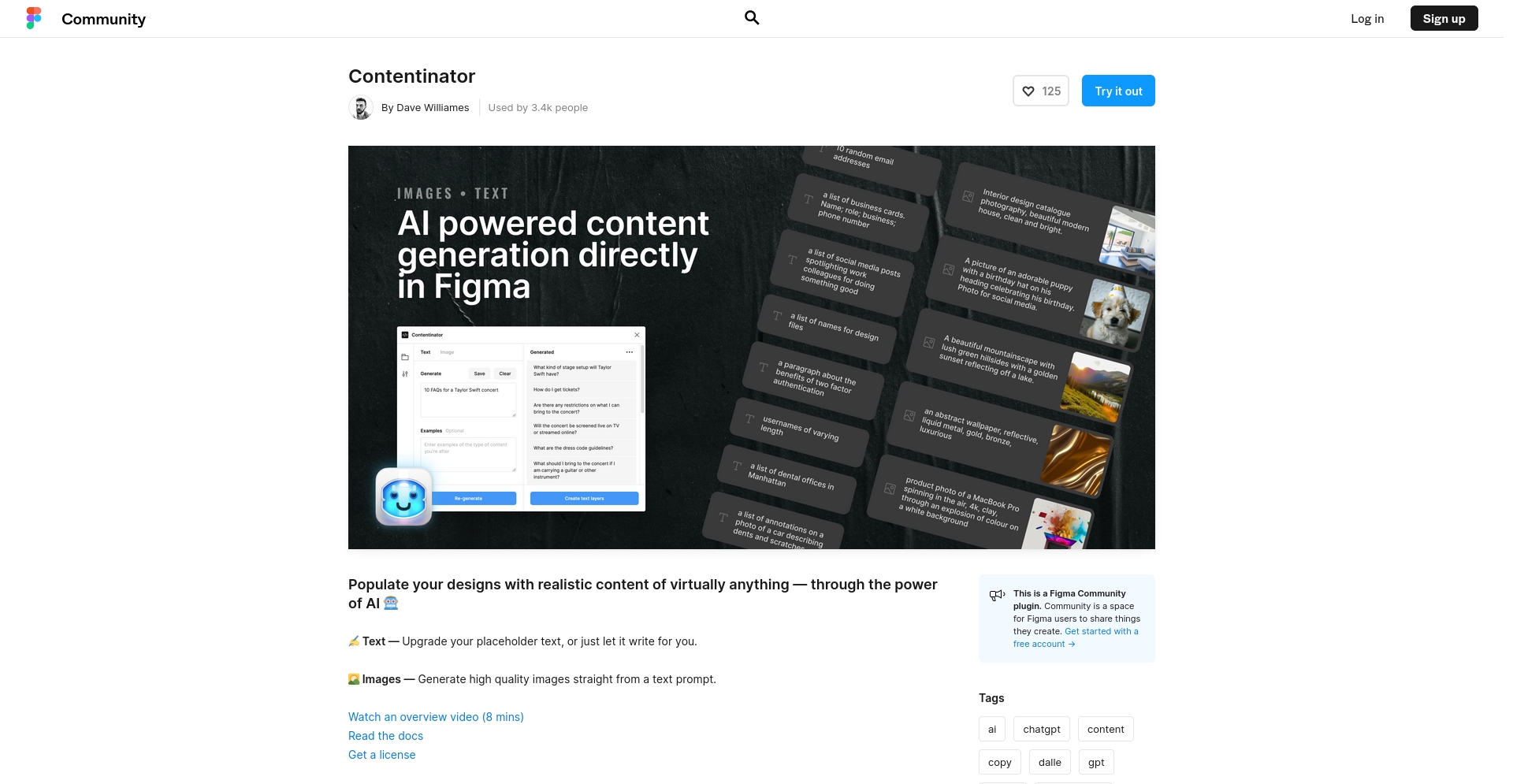Figma is a website design tool that allows users to create and collaborate on design projects in real-time. Its easy-to-use interface and powerful features make it a popular choice among designers and teams. Figma offers a range of tools and templates to help users create professional-looking designs quickly and efficiently.
Main Benefits
– Real-time collaboration:
Figma allows team members to work together on the same project simultaneously, making it easy to share ideas and collaborate on designs.
– Versatile design tools:
Figma’s design tools are highly customizable, allowing users to create a wide range of designs for web, mobile, and desktop applications.
– Cloud-based storage:
Figma stores all design files in the cloud, making it easy to access files from anywhere with an internet connection.
– Developer handoff:
Figma’s developer handoff feature makes it easy for developers to access design files and assets directly from the tool.
Possible Use Cases
– Design teams:
Figma is ideal for design teams working on complex projects that require collaboration across multiple team members.
– Freelance designers:
Figma’s cloud-based storage makes it easy for freelance designers to work with clients remotely.
– Mobile app development:
Figma’s tools are well-suited for designing and prototyping mobile apps, making it a popular choice among mobile app developers.
AI Edge
Figma leverages AI in several ways, including its auto-layout feature, which automatically adjusts the layout of designs based on content changes. Additionally, Figma’s plugin ecosystem includes several plugins that use AI and machine learning algorithms to enhance design workflows. Overall, AI plays an important role in making Figma a powerful tool for modern design teams.
Screenshots

